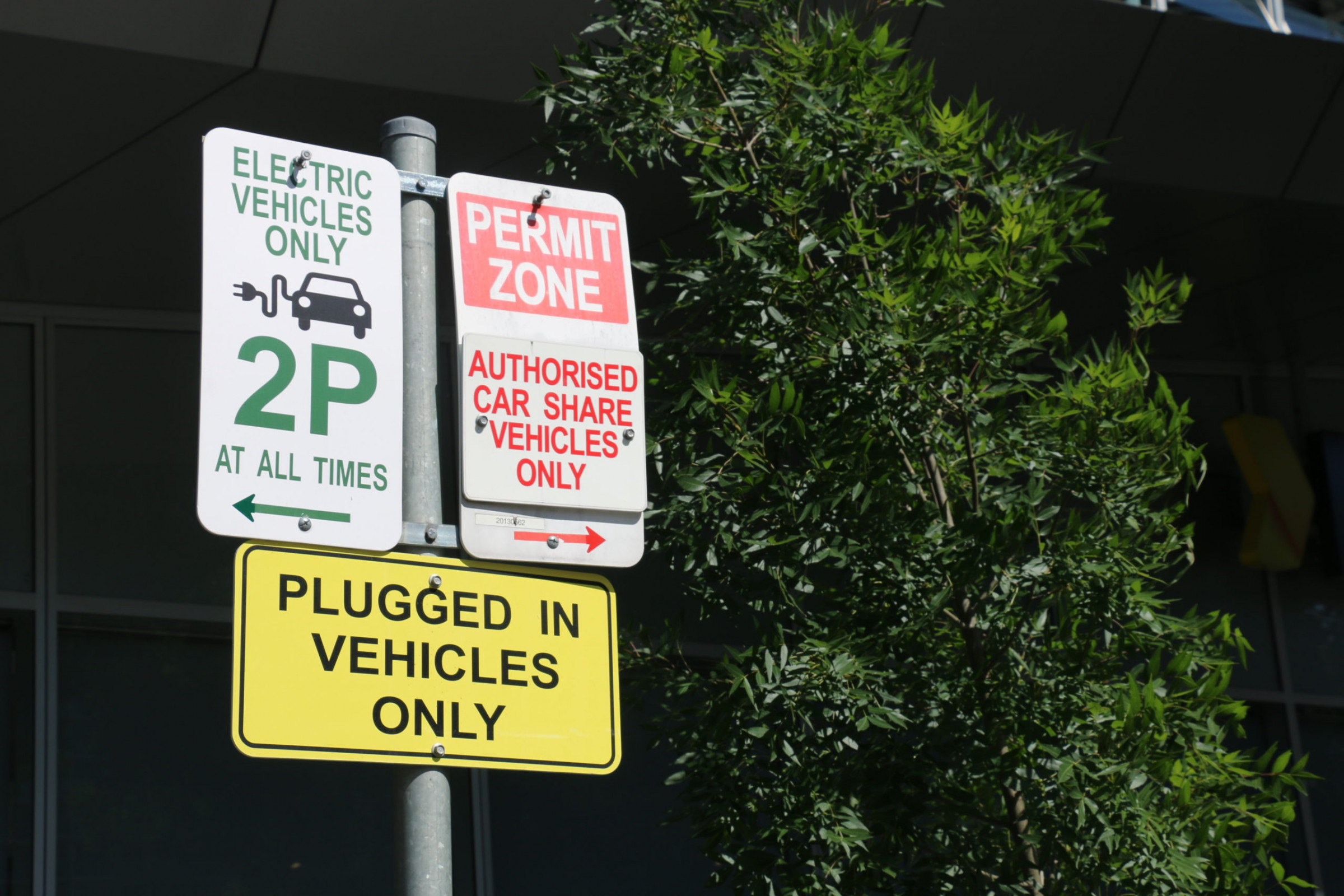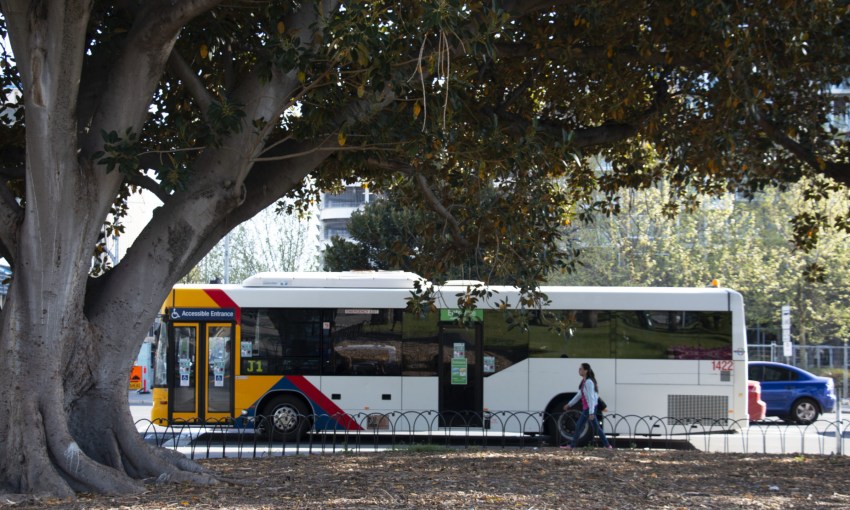More than 300 people participated in a two-month Adelaide City Council consultation aimed at figuring out how the council should combat the climate crisis over the next three years – and the results are in.
We want an all-electric, easily accessible, green city: survey
The results of the council’s two-month consultation process on its next climate action plan were delivered to an Adelaide City Council committee meeting last night by City of Adelaide associate director of park lands, policy and sustainability, Sarah Gilmour, and principal climate change advisor, Andrea Bassett.
Six themes emerged from the online survey, conducted from February to April via the Your Say portal, and face-to-face workshops, including a desire to move away from gas, greening the city, and better public transport.
The first goal that emerged was moving towards a city powered entirely by renewable electricity, Bassett told the meeting.
“This was raised by a number of sector experts within our community,” she said.
“The community have reduced its emissions 21 per cent from financial year 2007—2020 and the vast majority of that change came from the greening of the South Australian grid.”
This first goal could be achieved with relative ease, Bassett said, as the South Australian government was already moving towards 100 per cent renewable energy.
“The State Government is aiming by 2030 it’ll be 100 per cent renewable,” she said.
“The more of our energy sources that we can move to that grid, then the lower our carbon emission profile [and] we can eventually move the whole city to that carbon-neutral goal.”
The survey canvassed the views of ratepayers, home owners, business owners, city visitors, public transport and vehicle stakeholders – such as RAA, EcoCaddy and Bicycle SA – as well as government officials from the Department for Energy and Mining.

EcoCaddy’s fleet. This picture: Johnny von Einem
The Climate Action Plan 2022-2025 will support the ongoing implementation of the Carbon Neutral Strategy 2015-2025, which is a 10-year plan addressing the impacts of global warming in the city.
Area councillor Keiran Snape asked whether the Adelaide City Council had considered graduating from its carbon neutral status towards carbon zero – “which is a lot harder target to achieve”.
Bassett said the organisation would strive to hit absolute zero, but they didn’t want to rely on carbon offsets.
“If we can move away from using natural gas as much as possible, get it to electricity, which is renewable, all of these things keep moving that absolute number down,” she said.
The second survey goal was “resource efficiency opportunities” followed by supporting community-led and collaborative business action.
Bassett said respondents wanted the Adelaide City Council to advocate to the State Government for greater public transport and city access, with improved mobility and better transport around the city emerging as another goal.
“Everyone had strong views on what their vision for Adelaide is in terms of low-carbon transport, and it wasn’t just about developing infrastructure, but it was also looking at any solutions that combat the climate crisis,” Bassett said.
“Many provided a vision that was a shift away from private combustion-engine car use, and wanted us to think really broadly and creatively about the multitude of ways that we can move about the city.
“There’s a real appetite in the community to think more broadly about transport.
“It’s not just a question of cars versus bicycles.”

An SA-made bicycle, Astir Bicycles. This picture: Joshua Fanning
South ward councillor Alexander Hyde said public transport was the “lowest hanging fruit” that would fix a majority of concerns outlined in the survey.
“It actually answers a whole heap of your other land-use questions, because if you can get people onto public transport, we take them off of roads, you use your space more efficiently, then you can provide more space to those other modes of transport,” he said.
North ward councillor Phil Martin said he was “interested” in a survey comment regarding “the oversupply of car parks” and how it could “be addressed by repurposing on/off street car parks to cycling and pedestrian lanes, EV charging parks and residential land”.
City shaping director Ilia Houridis reiterated these were the remarks of the community, not the administration.
“I’m also wondering why we can’t create a bias within our system to electric vehicles, so instead of offering every gas guzzler one hour on-street parking, or car month or whatever, we actually provide some incentives to people with electric vehicles to bring them into the city,” Martin said.
Bassett responded saying a “big priority” for the council in the future was levers favouring electric vehicle usage.

The city has over 40 electric vehicle plug-in stations. This picture: Angela Skujins
The final community goal was city greening and reducing postcode 5000’s heat island effect – when highly urbanised areas experience higher temperatures than their surrounding suburbs.
“The community recognised that urban greening could be achieved through shade and cooling, and [was] crucial in our response to the changing climate,” Bassett said.
“Climate change is no longer a future concern – it’s something that we’re living through every day.”
Bassett referenced last year’s landmark Intergovernmental Panel on Climate Change (IPCC) Report, which warned human influence had warmed the climate at an “unprecedented” rate compared to the last 2000 years.
“[The report] recognised that as the world’s average global temperature increases about 1.1 degrees, Australia is actually warming faster than the global average, and we’re currently sitting at about 1.4 degrees of global warming,” she said.
“Our community recognised this and they’re concerned about how we can keep the city cool and liveable when Adelaide in particular is going to be dealing with increased extreme weather days.”
A formal report by the administration will be handed to elected members at a later council meeting regarding the final strategy.




